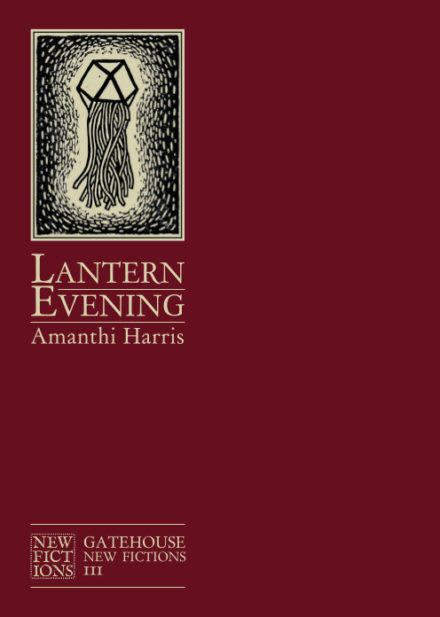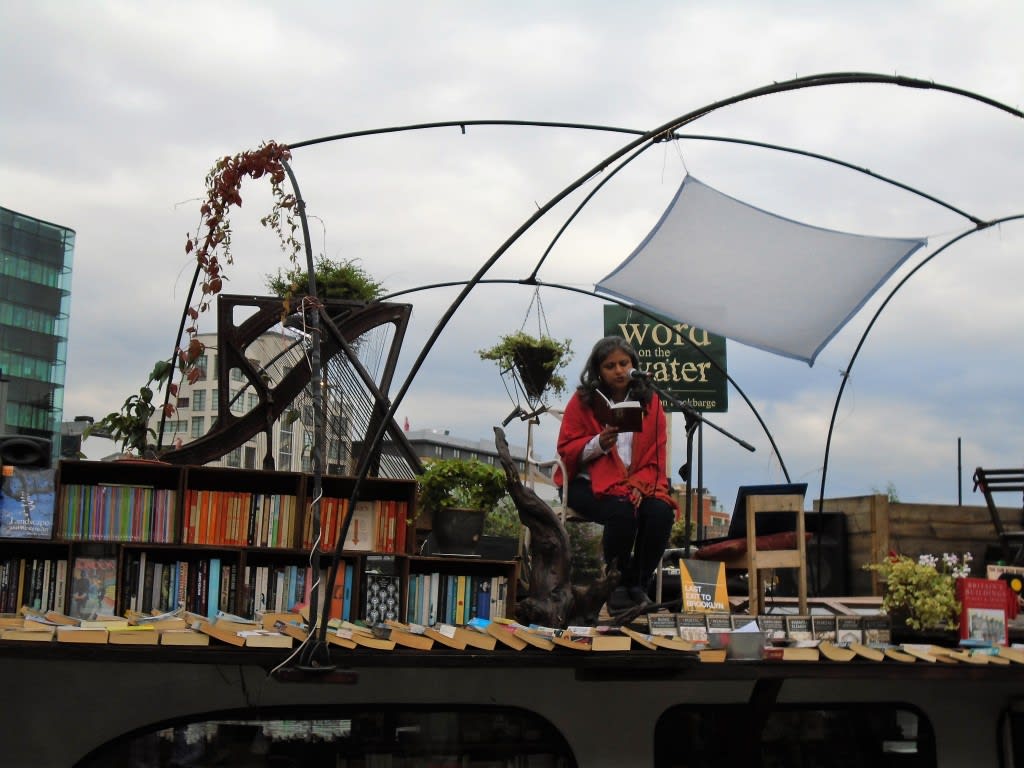“The presence of the baby had changed things. It had cleared Ria’s mind. Old fears had disappeared… The old voices in her had faded. Ria felt the peace of their absence. She wanted only to prolong the quiet, to allow this strange easy distancing from her life before… A whole other world had sprung into being inside her. That was enough for now. A world begun from the time of that first scan and seeing the baby swimming inside her, its thin legs kicking furiously, then a moment later floating on its back, its tiny tongue shooting out to lick the placenta –
‘It’s finding ways to amuse itself,” the consultant had told her and Rob. “You have a little character in there!’
The doctor had laughed with a gentle affectionate pleasure in their creation. Could happiness really be so unwilled? So accidental?
Rob, inexplicably, was in tears and smiling blissfully and she too had welled with a fearful excitement. She had clutched Rob’s hand while he kissed her and decided in that instant to ride this new challenge and to enjoy it the way she imagined other women did. She would rid herself of regrets, the longing for a life missed, thwarted and the fury in her at being denied– all this she let sink down in her without remedy. Perhaps it had passed out dissolved in urine, the new urine, with the baby’s mixed in with hers. She had expelled it from her and she was revived and pure; new for the baby.”
…an extract from LANTERN EVENING.
Winner Gatehouse Press new Fictions Prize 2016. Buy it here!
writing
Finding Your Writer’s Voice through Storytelling
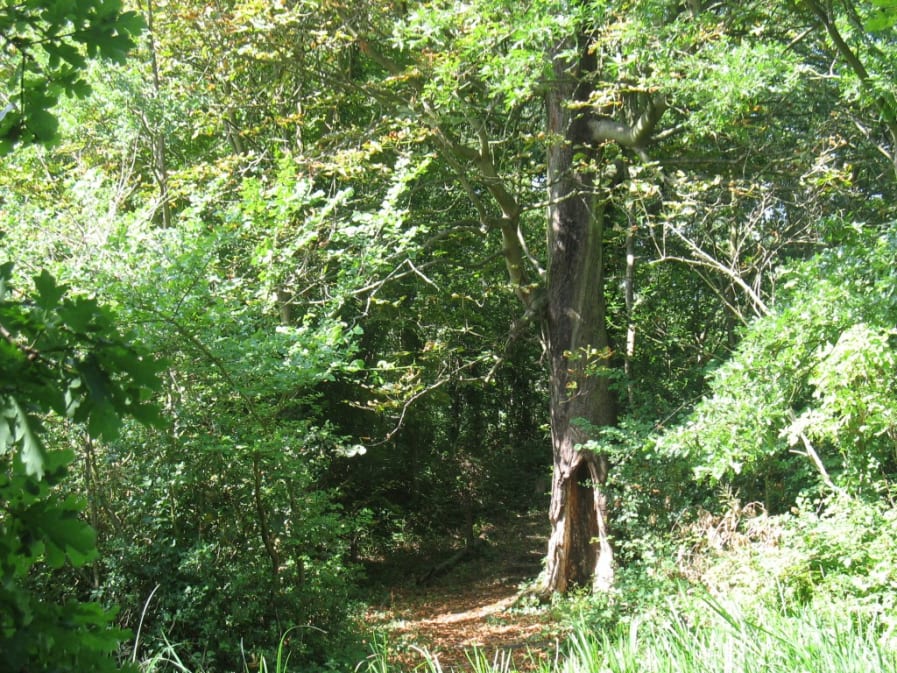
These past two years while working on a novel I have been storytelling in the woods and blogging all about it on StoryHug.
It all started with a weekend course at The School of Storytelling, in a hut in the woods . Initially I was simply curious to know how to tell stories out loud. I wanted, if only temporarily, to be freed from the search for the perfect word, so integral and necessary to the pleasure of reading a written-down story – but I also wanted an antidote, to be able to reach for images, characters and their moods and interactions, to dwell more on the events of a story and simply speak it out from somewhere more bodily, more emotional. And like all writers I wanted my words to be heard and engaged with.
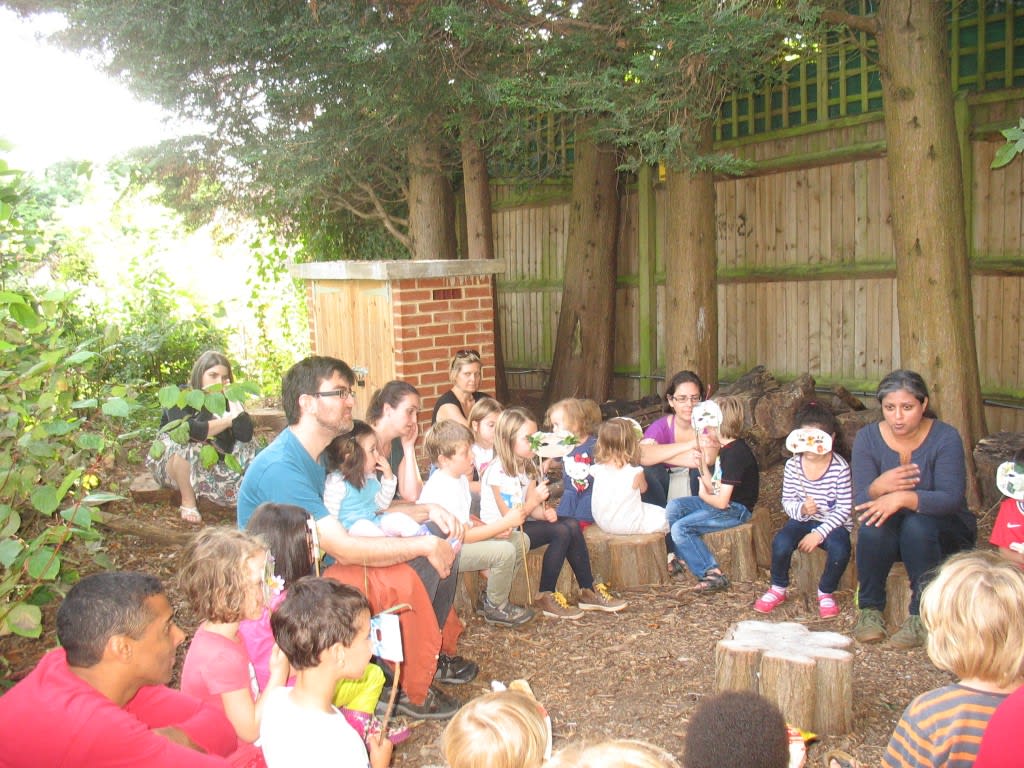
Children are the perfect audience for such a mission – at every single StoryHug workshop there are always the little faces with glazed-over eyes and distant dreamy expression that let me know that the story emerging from me is moving on and being given a new home, that it is being woven into a unique and private framework of images, feelings, dreams, hopes, thinking and being transformed, owned. The story is our secret bond. For parents too, I think. I have made so many good friends through storytelling!
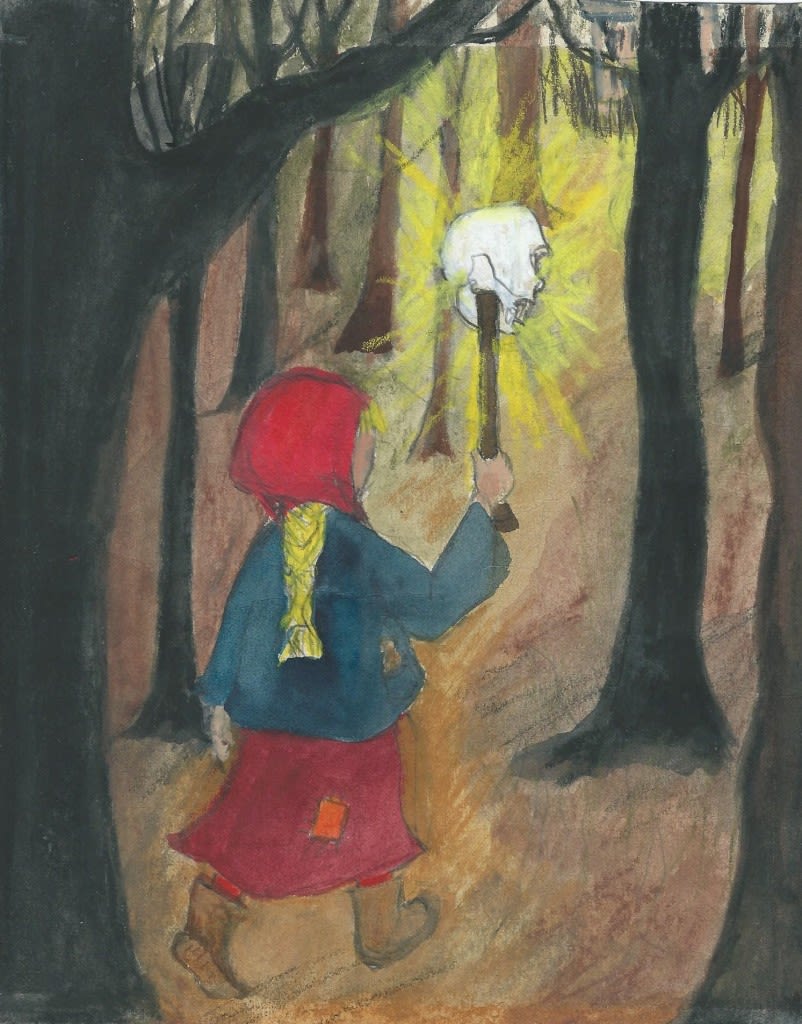
Storytelling can lead a writer into new and fabulous territory, like the forests of the wonder tales, rich with unyielding forms of trees, rocks, lakes too wide to travel across alone, paths full of wrong turns and unexpected encounters.
Spontaneous storytelling, where you make up a story with a few offered prompts: a main character, an object, another character (person, animal or magical creature) can reveal new possibilities for plots and provide playful practice for letting go of a plot’s hold on you – an unexpected suggestion from a listener can take you in new directions, teach you to stay open to possibility, to not fear changing a storyline for the overall good of your novel or short story.
Sometimes while working out the telling of a tale, one glimpses answers to private questions. An ancient story can be a mirror, a crystal ball in which to see a secret pain shared, resolved, appeased.
As you practice telling the story, sometimes you find yourself lingering on a certain plot point, an interaction or event that doesn’t seem to make sense, and you puzzle over it, working into the characters, their moods and intentions and you loosen the weave of the story at that specific point of weakness and draw in the yarn of your own experience to expand and strengthen and suddenly you know and you understand. You understand why (from your own perspective) the princess in The Goose Girl agrees to keep her demise a secret or why the two lovers in Jorinda and Joringel cry at the beautiful sunset, you see the strange power and freedom of Baba Yaga flying out over the forest at dawn – and you have new understanding, new comfort, and – well, isn’t this what it’s all about for writers? – you have new material!
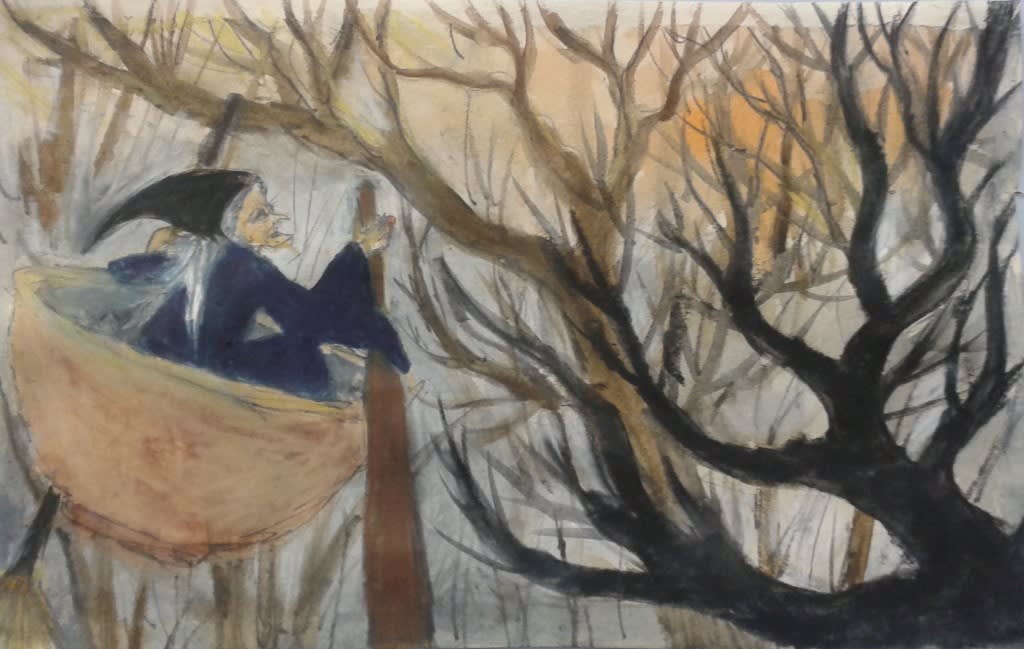
“The process of storytelling itself, through voice, gesture, and goodwill and through the fonts of wisdom it opens, evokes from deep within a healthy state of creative adventure.”
Nancy Mellon ‘Storytelling and The Art of Imagination’
